ACBICI: Enhancing Bayesian Calibration for Computationally Intensive and Uncertain Systems
Please login to view abstract download link
As computational hardware capabilities advance, integrating complex, computationally expensive models in data-scarce environments remains a significant challenge, often constrained by financial and time-intensive experimental data collection. Predictive modeling has emerged as a powerful approach to mitigate these challenges, offering substantial reductions in both time and resource requirements. Applications characterized by high uncertainty, such as steel production, hydrogen transport, or biological systems, are particularly affected by these constraints. To address these issues, Kennedy and O'Hagan [1] proposed a Bayesian calibration framework leveraging Gaussian processes (GPs). This framework provides rigorous uncertainty quantification for hybrid models, enabling precise estimation of hyperparameters, model parameters, and system-level discrepancies or measurement errors. GP-based surrogate models, a key outcome of this framework, deliver efficient and rapid predictions, making them ideal for tackling the complexity of real-world systems. In this presentation, we introduce ACBICI, a Python library designed to implement and extend this Bayesian calibration methodology. ACBICI streamlines the calibration of computationally intensive models and offers newly developed features that enhance performance, usability, and adaptability to various applications. We will demonstrate these advancements through case studies on coupled problems, including predicting steel creep behavior, modeling glioblastoma cell culture evolution, and/or simulating hydrogen transport. These examples highlight ACBICI's versatility and effectiveness across diverse scientific and engineering domains. [1] M. Kennedy and A. O'Hagan, Bayesian calibration of computer models, Journal of the Royal Statistical Society: Series B (Statistical Methodology), 63:425-464, (2001).

